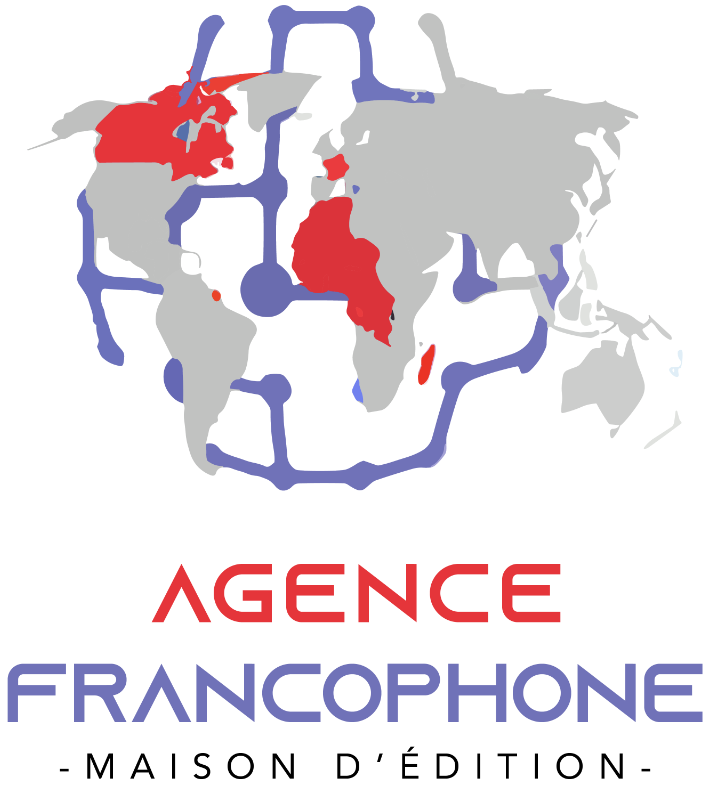Trade openness, institutional quality and FDI: what impact on trade balances of North African countries? An analysis of panel data
Keywords:
trade balance, trade openness, FDI, institutional quality, North AfricaAbstract
This study examines the impact of trade openness, foreign direct investment, and institutional quality on the trade balance of North African countries (Morocco, Algeria, Tunisia, Libya, and Egypt) from 2000 to 2018. Using an econometric methodology based on panel data, the analysis explores both the direct effects of these dimensions and their combined interactions, employing robust least squares (RLS) regression. The results show that, in isolation, trade openness does not have a significant effect on the trade balance, indicating that its effectiveness depends on the support of complementary policies and a favorable institutional environment. In contrast, FDI has a positive direct effect, enhancing exports and integration into global value chains. Institutional quality plays a central role in amplifying the positive effects of both trade openness and FDI, through better governance, increased transparency, and political stability. The interactions between these dimensions reveal significant synergies. The tripartite interaction between trade openness, FDI, and institutional quality has a significant and positive combined effect, highlighting the need for integrated public policies to maximize the benefits of these levers. This research highlights the limitations of fragmented approaches and advocates for the strategic coordination of trade, FDI attraction, and institutional reform policies.
Downloads
Downloads
Published
How to Cite
Issue
Section
License
Copyright (c) 2020 Nabil EL HAMIDI, Mohamed ED-DIB

This work is licensed under a Creative Commons Attribution-NonCommercial 4.0 International License.


















